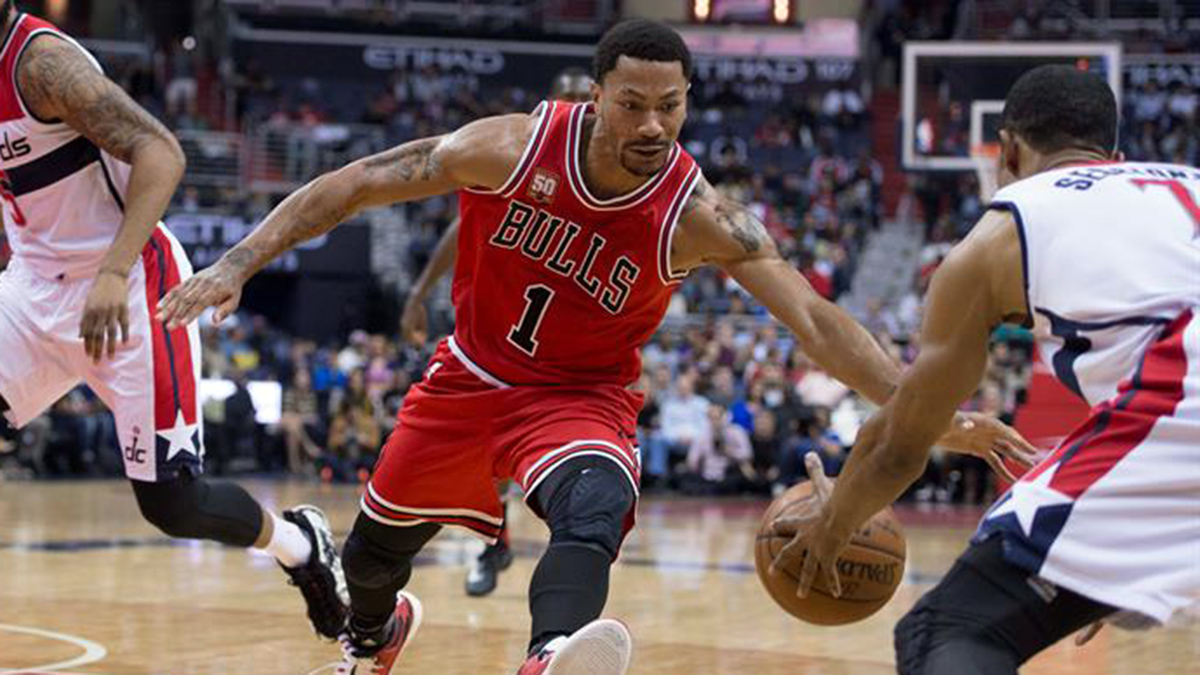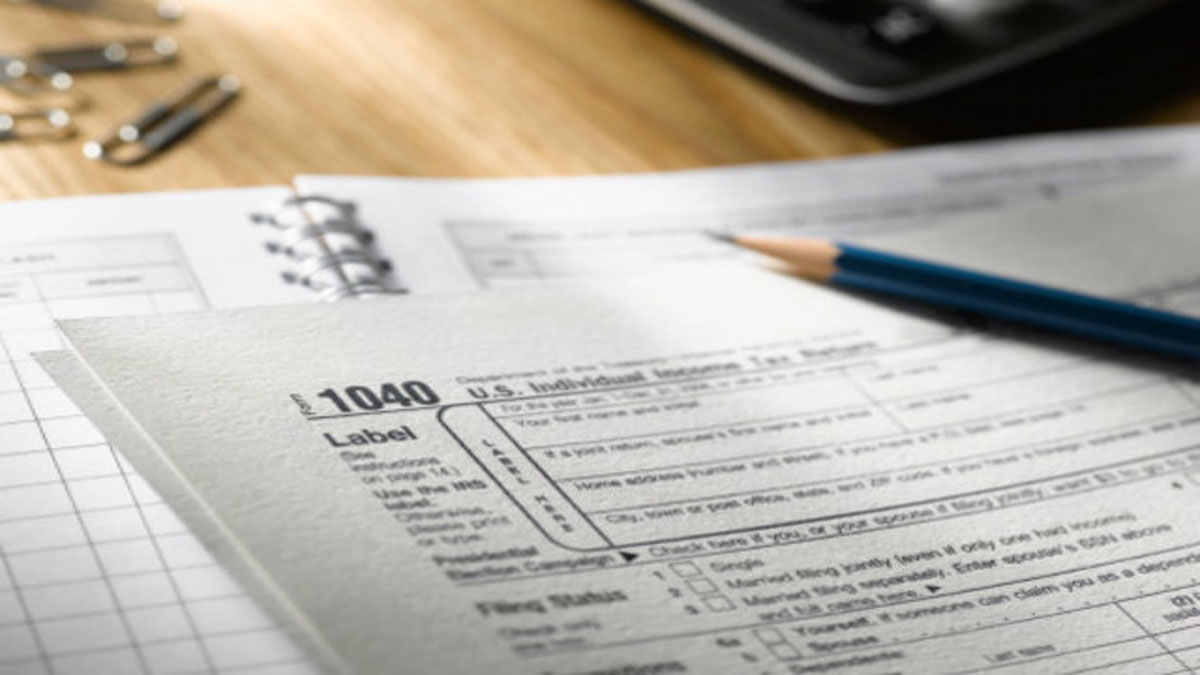Snapchat has agreed to a $35 million settlement in the case - though it admits no wrongdoing - and, if approved, that would mean payments for eligible users who file a claim
Illinois Snapchat users could get part of a multi-million dollar settlement in connection with a class-action lawsuit involving Snapchat's parent company.
The social media company has agreed to a $35 million settlement in the case - though it admits no wrongdoing - and, if approved, that would mean payments for eligible users who file a claim.
The deadline for eligible residents to submit their claims is currently Nov. 5, according to a website dedicated to the settlement. Any Illinois resident who used Snapchat Lenses or Filters between Nov. 17, 2015, and now is eligible to submit a claim.
- Click here to file a claim.
The lawsuit accused the social network of violating Illinois' Biometric Information Privacy Act by illegally collecting users' biometric information without their consent, according to court documents. It was filed in May in the U.S. District Court for the Northern District of Illinois.
As of Monday, a $35 million settlement had been reached in the case, though that amount still needs to go through a final approval hearing, which is scheduled for November.
Local
The lawsuit claimed the social media platform, which allows users to communicate through short videos and images called “snaps,” collects, stores and shares users’ unique facial features and voices without first providing required disclosures about how the information will be used and for how long, according to Classaction.org
Specifically, at the center of the allegations is Snapchat's Lenses features, which allows users to take a "Snap," select a particular lense and modify their facial features with special effects, according to court documents. The lawsuit claims Lenses involves the use of technology to create a face scan and "creating, obtaining and storing" a user's unique biometric identifiers. The feature obtained the plaintiffs' biometric information without obtaining informed written consent each time it scanned their faces, the suit alleges.
Feeling out of the loop? We'll catch you up on the Chicago news you need to know. Sign up for the weekly> Chicago Catch-Up newsletter.
Illinois’ Biometric Privacy Act prohibits private sector companies and institutions from collecting biometric data from unsuspecting citizens in the state or online, no matter where the business is based. Data cannot be sold, transferred or traded. Unlike any other state, citizens can sue for alleged violations, which has sparked hundreds of David-and-Goliath legal battles against some of the world’s most powerful companies.
If a company is found to have violated Illinois law, citizens can collect civil penalties up to $5,000 per violation compounded by the number of people affected and days involved. No state regulatory agency is involved in enforcement.
Most recently, more than one million Illinois Facebook users began receiving checks following a $650 million settlement in a class-action suit alleging it violated residents' rights by collecting and storing digital scans of their faces without permission. Microsoft, Amazon and Google are among the companies that have also been accused of violations.
Since BIPA is an Illinois law, it only applies to state residents.
The most recent settlement was reached after a court did not find in favor of either the company nor the plaintiffs, meaning Snapchat Inc. does not admit fault.
"Snap continues to vehemently deny that Lenses violate BIPA, which was designed to require notice and consent before collecting biometric information used to identify people," a Snap spokesperson told NBC 5 in a statement Monday. "We deeply value the privacy of our community, and Snapchat Lenses do not collect biometric data that can be used to identify a specific person, or engage in facial identification. For example, Lenses can be used to identify an eye or a nose as being part of a face, but cannot identify an eye or a nose as belonging to any specific person. Moreover, even the limited data that is used to power Lenses is never sent to Snap's servers – the data never leaves the user's mobile device. And while we are confident that Lenses do not violate BIPA, out of an abundance of caution and as a testament to our commitment to user privacy, earlier this year we rolled out an in-app consent notice for Snapchatters in Illinois."



